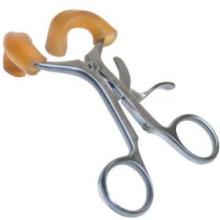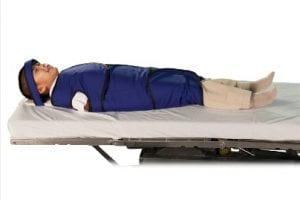The rising costs of everything have been eating away at the worth of my husband’s paycheck. He already works so hard so I can raise our four young children and I’m worried that we won’t be able to afford the dentist this entire year. Our dentist’s prices went up again this year. I don’t blame him. He’s dealing with inflation just like the rest of the country. But, I haven’t been able to afford their last appointment and I’m worried about the children’s teeth. Are there ways to find affordable dentistry in this climate?
Gina
Dear Gina,
I understand what you are going through. Everyone seems to be feeling this pinch, which is causing a vicious cycle of rising costs. I have some things that may help, even if it doesn’t solve all of your problems.
What You Can Do At Home
While most parents know and do the obvious things, such as brushing and flossing their children’s teeth daily, there are a couple of things that seem to surprise people. In case your pediatric dentist hasn’t told you about them, here they are:
First, limit snacks. Believe it or not, one of the best defenses against decay is actually saliva, which contains bacteria fighting minerals. However, the more your children snack, the less chance their saliva has to do its job. I know growing children are always hungry, but if you can limit them to one snack a day it will go a LONG way to fighting cavity causing bacteria. Plus, you will have the additional benefit of them actually being hungry enough to eat the food you lovingly prepare for them at their meals.
Second, know many juices contain citrus acid. This can eat away at their enamel. While some of those juices, like orange juice, can be healthy, you don’t want it to counteract what you’re trying to do for their teeth. One mistake people make is thinking brushing immediately after drinking something acidic will protect their teeth from the damage. Unfortunately, it has the opposite effect. Instead, it grinds the acid into their teeth. If you’re going to give them a juice right before bedtime when they are going to brush, have them swish some water around their mouth first, to neutralize the acid.
Finding An Affordable Dentist
Don’t confuse cheap with affordable. If a dentist is significantly lower than all other dentists in their area, it is a red flag. They could be using poor quality fixtures to keep their profits up, or they are terrible dentists who have to keep their prices super low to draw in new patients.
Sometimes an area a dental office is in can keep prices higher. Rent for office space is different depending on the real estate location. Sometimes you can save some money from going to a dentist that is just outside of an expensive area. You can get high quality care with slightly lower prices because the dentist’s overhead is lower.
Do an internet search using the term “affordable dentist” and the area you are looking. Often dentists who strive to keep their prices down will have a web page devoted to how they strive to make things easier for families. Just be certain to check their reviews to make sure the quality of care is what you want for your children.
This blog is brought to you by Phoenix Dentist Dr. Hillary Peck.



